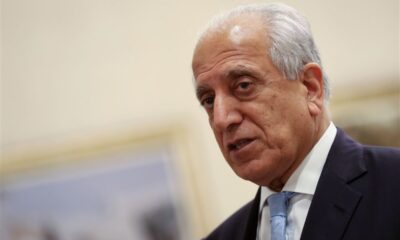Regional
Iran’s foreign minister downplays drone attack, says Tehran investigating
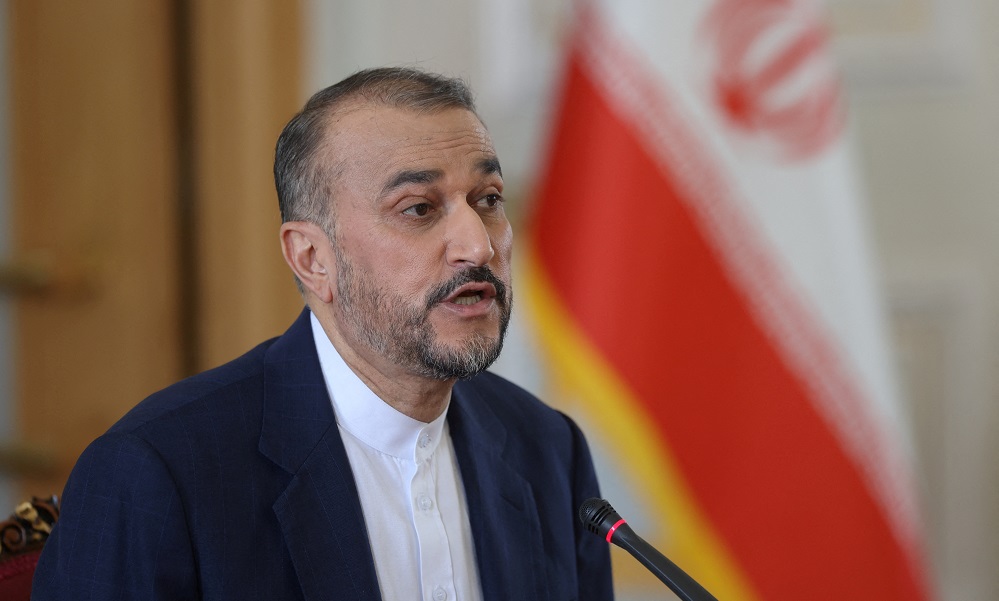
Iran’s foreign minister on Friday said Tehran was investigating an overnight attack on Iran, adding that so far a link to Israel had not been proven as he downplayed the strike.
Iranian Foreign Minister Hossein Amirabdollahian told NBC News the drones took off from inside Iran and flew for a few hundred meters before being downed, Reuters reported.
“They’re … more like toys that our children play with, not drones,” Amirabdollahian said.
“It has not been proved to us that there is a connection between these and Israel,” he said, adding that Iran was investigating the matter but that media reports were not accurate, according to Tehran’s information.
Iranian media and officials described a small number of explosions, which they said resulted from air defenses hitting three drones over Isfahan in central Iran in the early hours of Friday. They referred to the incident as an attack by “infiltrators”, rather than by Israel, obviating the need for retaliation.
Amirabdollahian warned that if Israel retaliated and acted against the interests of Iran, Tehran’s next response would be immediate and at maximum level.
“But if not, then we are done. We are concluded,” he said.
The attack appeared to target an Iranian Air Force base near the city of Isfahan, deep inside the country, but without striking any strategic sites or causing major damage.
Israel has said nothing about the incident. U.S. Secretary of State Antony Blinken said the United States had not been involved in any offensive operations, while the White House said it had no comment.
Regional
Turkey halts all trade with Israel, cites worsening Palestinian situation

Turkey stopped all exports and imports to and from Israel as of Thursday, the Turkish trade ministry said, citing “worsening humanitarian tragedy” in the Palestinian territories, Reuters reported.
“Export and import transactions related to Israel have been stopped, covering all products,” Turkey’s trade ministry said in a statement.
“Turkey will strictly and decisively implement these new measures until the Israeli Government allows an uninterrupted and sufficient flow of humanitarian aid to Gaza.”
According to Reuters the two countries had a trade volume of $6.8 billion in 2023.
Turkey last month imposed trade restrictions on Israel over what it said was Israel’s refusal to allow Ankara to take part in aid air-drop operations for Gaza and its offensive on the enclave.
Earlier on Thursday, Israel’s foreign minister said that Turkish President Tayyip Erdogan was breaking agreements by blocking ports for Israeli imports and exports.
“This is how a dictator behaves, disregarding the interests of the Turkish people and businessmen, and ignoring international trade agreements,” Israel’s Foreign Minister Israel Katz posted on social media platform X.
Katz said he instructed the foreign ministry to work to create alternatives for trade with Turkey, focusing on local production and imports from other countries.
Regional
Israel will enter Rafah with or without Gaza hostage deal, Netanyahu says
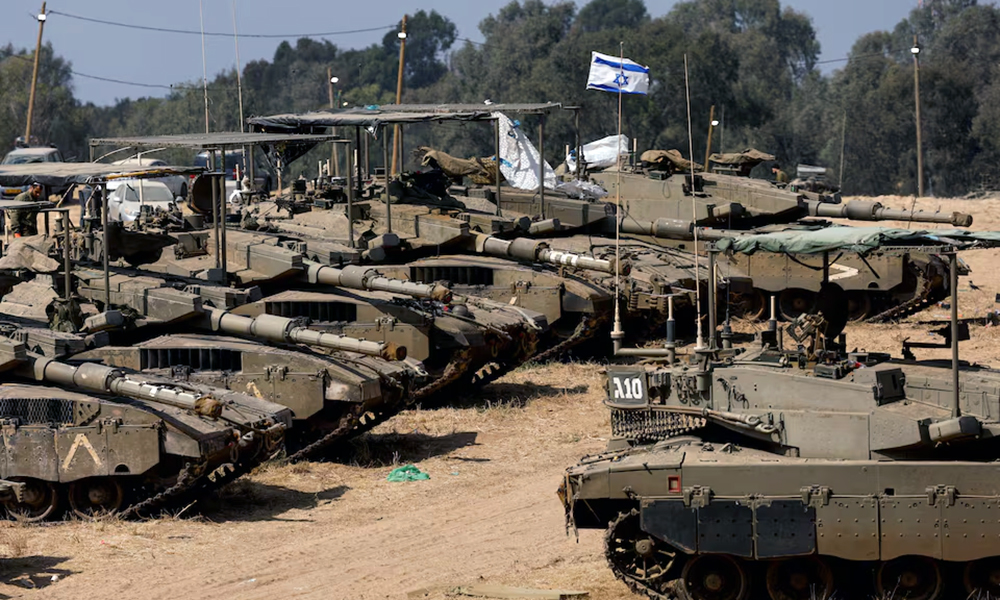
Israel will carry out an operation against Hamas in the southern Gaza city of Rafah regardless of whether or not a ceasefire and hostage release deal is reached, Prime Minister Benjamin Netanyahu said on Tuesday, Reuters reported.
“The idea that we will stop the war before achieving all its objectives is out of the question,” Netanyahu said, according to a statement from his office.
Regional
Reported Indian role in assassination plots a ‘serious matter’, White House says
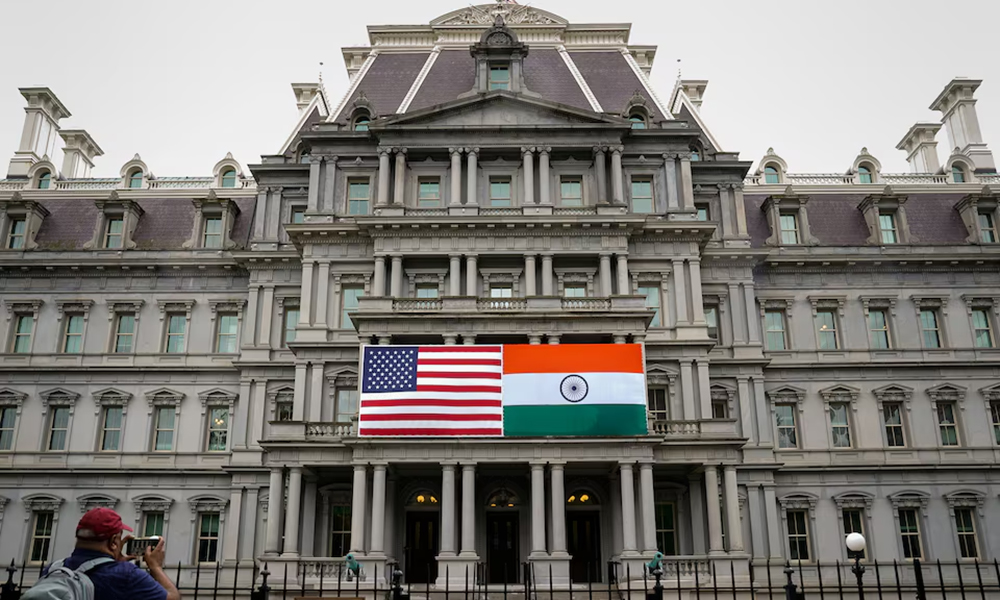
The White House said on Monday it viewed the reported role of the Indian intelligence service in two assassination plots in Canada and the United States as a serious matter.
The Washington Post reported that an officer in India’s intelligence service was directly involved in a foiled plan to assassinate a U.S. citizen who is one of Indian Prime Minister Narendra Modi’s most vocal critics in the United States.
It said the officer was also involved in the separate shooting death of a Sikh activist last June in Canada.
India’s foreign ministry said the Washington Post report made “unwarranted and unsubstantiated imputations on a serious matter” while New Delhi is investigating the issue.
“Speculative and irresponsible comments on it are not helpful,” foreign ministry spokesperson Randhir Jaiswal said in a statement.
“This is a serious matter, and we’re taking that very, very seriously,” White House spokesperson Karine Jean-Pierre told reporters.
“We’re going to continue to raise our concerns.”
In November, U.S. authorities said an Indian government official had directed the plot in the attempted murder of Gurpatwant Singh Pannun, a Sikh separatist and dual citizen of the United States and Canada, Reuters reported.
India has expressed concern about the linkage and dissociated itself from the plot, saying it would formally investigate the concerns of the United States, and take ‘necessary follow-up action’ on the findings of a panel set up on Nov. 18.
Pannun is the general counsel of Sikhs for Justice, a group that India labeled an “unlawful association” in 2019, citing its involvement in extremist activities. Subsequently, in 2020, India listed Pannun as an “individual terrorist”.
The issue is a delicate one for both India and the Biden administration in the United States as they try to build closer ties in the face of shared concerns about China’s growing power.
News of the U.S. plot came two months after Canada said it was looking at credible allegations potentially linking Indian agents to the June murder of Hardeep Singh Nijjar, another Sikh separatist, in a Vancouver suburb.
India strongly rejected Ottawa’s accusations.
-

 Sport2 days ago
Sport2 days agoAfghanistan announce T20 World Cup 2024 squad
-

 Sport4 days ago
Sport4 days agoKohli slams strike-rate talk and pundits ‘from the box’
-

 World4 days ago
World4 days agoBlinken arrives in Saudi Arabia to discuss Israel normalization, post-war Gaza
-
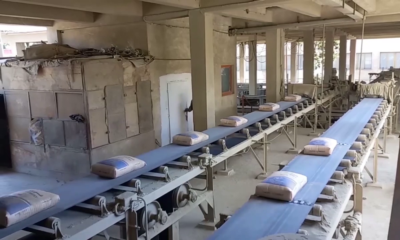
 Latest News5 days ago
Latest News5 days agoGhori State Cement in Baghlan increases production
-

 Regional4 days ago
Regional4 days agoDubai ruler approves new $35 billion airport terminal
-

 Health4 days ago
Health4 days agoNationwide polio vaccination campaign kicks off across Afghanistan
-

 Sport2 days ago
Sport2 days agoNew Zealand to go ahead with Afghanistan cricket Test
-

 Science & Technology4 days ago
Science & Technology4 days agoMercedes Benz unveils electric G-class at Beijing Auto Show










